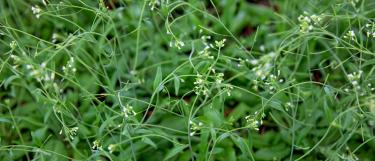
Forschungsgruppen
Das Centre for Organismal Studies Heidelberg bietet über 250 Wissenschaftlerinnen und Wissenschaftlern aus 25 Abteilungen und Forschungsgruppen eine dynamische und lebendige Arbeitsumgebung. Unsere Arbeit fokussiert sich auf organismische Biologie und deckt dabei alle Bereiche ab. Es kommt ein reiches Methodenspektrum aus allen Disziplinen der Lebenswissenschaften zum Einsatz.






















